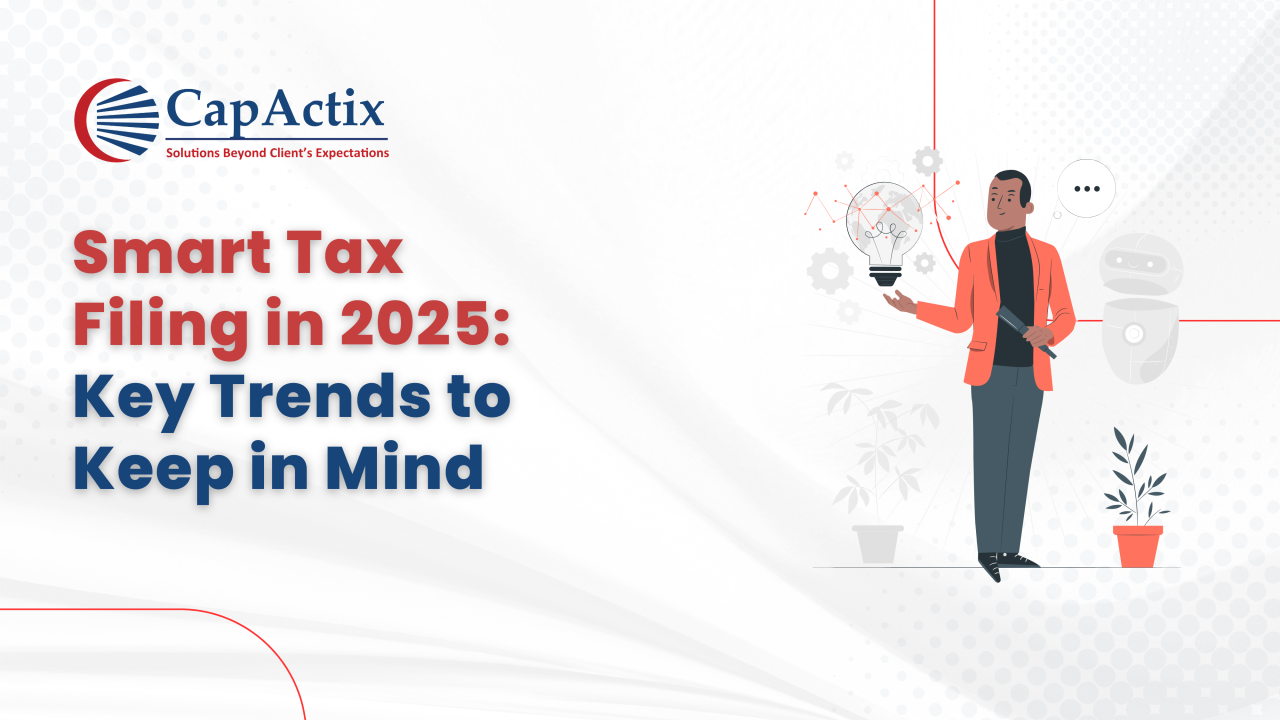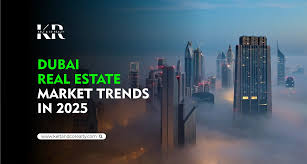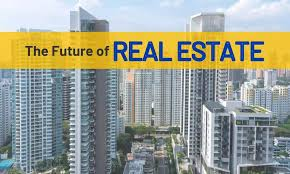Now Reading: GCC Real Estate: 8 Smart Tax Trends Reshaping Regional Property Markets in 2025
-
01
GCC Real Estate: 8 Smart Tax Trends Reshaping Regional Property Markets in 2025
GCC Real Estate: 8 Smart Tax Trends Reshaping Regional Property Markets in 2025

Table of Contents
Smart Tax Trends : The Gulf Cooperation Council (GCC) real estate market, valued at $4.43 trillion in 2023 and projected to reach $5.05 trillion by 2028 with a 2.65% CAGR, per Statista, is undergoing transformative growth. With $1.68 trillion in projects underway in 2024, driven by Saudi Arabia (63.1%) and the UAE (24.4%), tax reforms are reshaping market dynamics, per Economy Middle East. These smart tax trends, aligned with Vision 2030 initiatives, enhance affordability, boost FDI (up 15% to $20 billion in 2024), and yield 6.8% average returns. This article explores eight smart tax trends influencing GCC property markets in 2025, with U.S. tax considerations, leveraging web insights without external links.
Why Tax Trends Matter?

GCC’s 84.3% urban population by 2030, 52% expatriate demographic, and 2.9% non-oil GDP growth in 2024 fuel real estate demand, per UNDP and CBRE. Tax reforms reduce costs by 0.5–2%, ensure 98% compliance, and support 85–90% occupancy in Dubai and Riyadh. Key impacts:
- Cost Efficiency: Saves 1–2% on transactions.
- Compliance Streamlining: Via FTA and local portals.
- Yield Stability: 6–10% in luxury and affordable segments.
- FDI Growth: $383 billion in 2024 transactions.
8 Smart Tax Trends Reshaping GCC Property Markets in 2025

1. Zero Property Tax in UAE Free Zones
The UAE’s 0% property tax in free zones like Dubai’s JLT, per FTA, exempts developers from levies. A AED 100 million JLT project avoids AED 2 million (2%) in taxes, boosting 8–10% yields in Al Yasmeen.
- Impact: Attracts 10% more projects; enhances 85% occupancy.
- U.S. Consideration: Income on Schedule E; assets on Form 8938.
- Action: Register via Dubai Land Department; target Emaar projects.
2. Reduced Registration Fees in Saudi Arabia
Saudi Arabia’s 2025 reduction of registration fees to 2% from 3%, per Ministry of Finance, lowers costs. A SAR 200 million Riyadh project incurs SAR 4 million in fees, saving SAR 2 million (1%), per Knight Frank.
- Impact: Drives 15% residential sales; stabilizes 6–8% yields.
- U.S. Consideration: Expenses on Schedule E; credits on Form 1116.
- Action: File via ROSHN; target North Riyadh.
3. VAT Exemptions for Residential Sales in Qatar
Qatar’s 0% VAT on residential sales, per FTA, reduces buyer costs. A QAR 1 million Lusail villa sale avoids QAR 50,000 (5%) in VAT, increasing demand by 10–15% and yielding 8–9%, per Hapondo.
- Impact: Boosts 20% off-plan sales; supports Qetaifan Island.
- U.S. Consideration: Income on Schedule E; report on Form 1040.
- Action: Target United Development Company; consult Qatar Living.
4. Corporate Tax Incentives in Bahrain
Bahrain’s 0% corporate tax for real estate firms in free zones, per Bahrain EDB, saves costs. A BHD 80 million Manama project avoids BHD 4 million (5%) in taxes, driving 10% more commercial units, per Estater.
- Impact: Increases FDI by 5–10%; stabilizes 6–8% yields.
- U.S. Consideration: Income on Schedule E; report on FinCEN Form 114.
- Action: Register via Bahrain Real Estate; target Durrat Marina.
5. Green Building Tax Credits in Oman
Oman’s 1% tax credits for sustainable projects, per Ministry of Finance, incentivize eco-friendly development. A OMR 100 million Muscat green project saves OMR 1 million, aligning with 30% green-certified units, per Zawya.
- Impact: Boosts 5–10% eco-demand; supports Vision 2040.
- U.S. Consideration: Expenses on Schedule E; credits on Form 1116.
- Action: Certify via Oman Land Department; target Al Mouj.
6. Mortgage Interest Deductions in Kuwait
Kuwait’s mortgage interest deductions, per Ministry of Finance, reduce taxable income. A KWD 120 million Sabah Al-Ahmad project with KWD 5 million interest saves KWD 1 million (0.8%), boosting 8–9% yields, per Markaz.
- Impact: Lowers financing costs by 0.5–1%; enhances affordability.
- U.S. Consideration: Interest on Schedule E; depreciation on Form 4562.
- Action: Finance via NBK; verify via Kuwait Real Estate.
7. No Capital Gains Tax in Abu Dhabi
Abu Dhabi’s 0% capital gains tax on property sales, per ADDED, maximizes profits. A AED 50 million Saadiyat project sold for AED 75 million yields AED 25 million tax-free, supporting 8–10% returns, per Pangea Dubai.
- Impact: Enhances ROI by 5–10%; drives 15% luxury sales.
- U.S. Consideration: Gains on Form 8949; report on Form 1040.
- Action: Develop via Aldar; consult Abu Dhabi Property.
8. Domestic Minimum Top-Up Tax (DMTT) Exemptions for SMEs
The UAE and Bahrain’s 15% DMTT on MNEs over €750 million, effective 2025, exempts SMEs, per PwC. A AED 250 million Dubai SME project avoids AED 3.75 million (1.5%) in taxes, ensuring 98% compliance, per FTA.
- Impact: Supports 10% SME projects; stabilizes 6–8% yields.
- U.S. Consideration: Income on Schedule E; report on Form 8938.
- Action: Use FTA escrow; target Dubai Creek Harbour.
Key Considerations for U.S. Investors
- Risks:
- Oversupply: 570,000 Dubai units by 2025 may soften yields by 0.5–1%, per JLL.
- Volatility: 5–8% price fluctuations possible, per Economy Middle East.
- Compliance Costs: Advisory fees add 0.3–0.5%, offset by savings.
- Tax Compliance: GCC’s 0% property tax (select areas), 2–4% registration fees, and 5% VAT (commercial) apply. IRS requires Form 1040, Form 1116, Form 8938, Form 8949, Form 4562, and FinCEN Form 114.
- Regulatory Compliance: Local land departments mandate registration; fines up to AED 500,000. Verify via FTA or ROSHN.
- Currency Stability: GCC currencies pegged to USD minimize risk.
Conclusion
In 2025, GCC’s eight smart tax trends—zero property taxes, reduced fees, VAT exemptions, corporate incentives, green credits, mortgage deductions, no capital gains tax, and DMTT exemptions—reshape a $4.43 trillion real estate market with 6–10% yields.
U.S. investors, leveraging IRS credits and tools from FTA, ROSHN, or Bahrain EDB, can capitalize on opportunities in Dubai, Riyadh, and Lusail, ensuring compliance and robust returns in a dynamic, Vision 2030-driven landscape. smart Tax Trends
read more: 5 Strategic Ways VAT Adjustments Influence Property Market in 2025





















